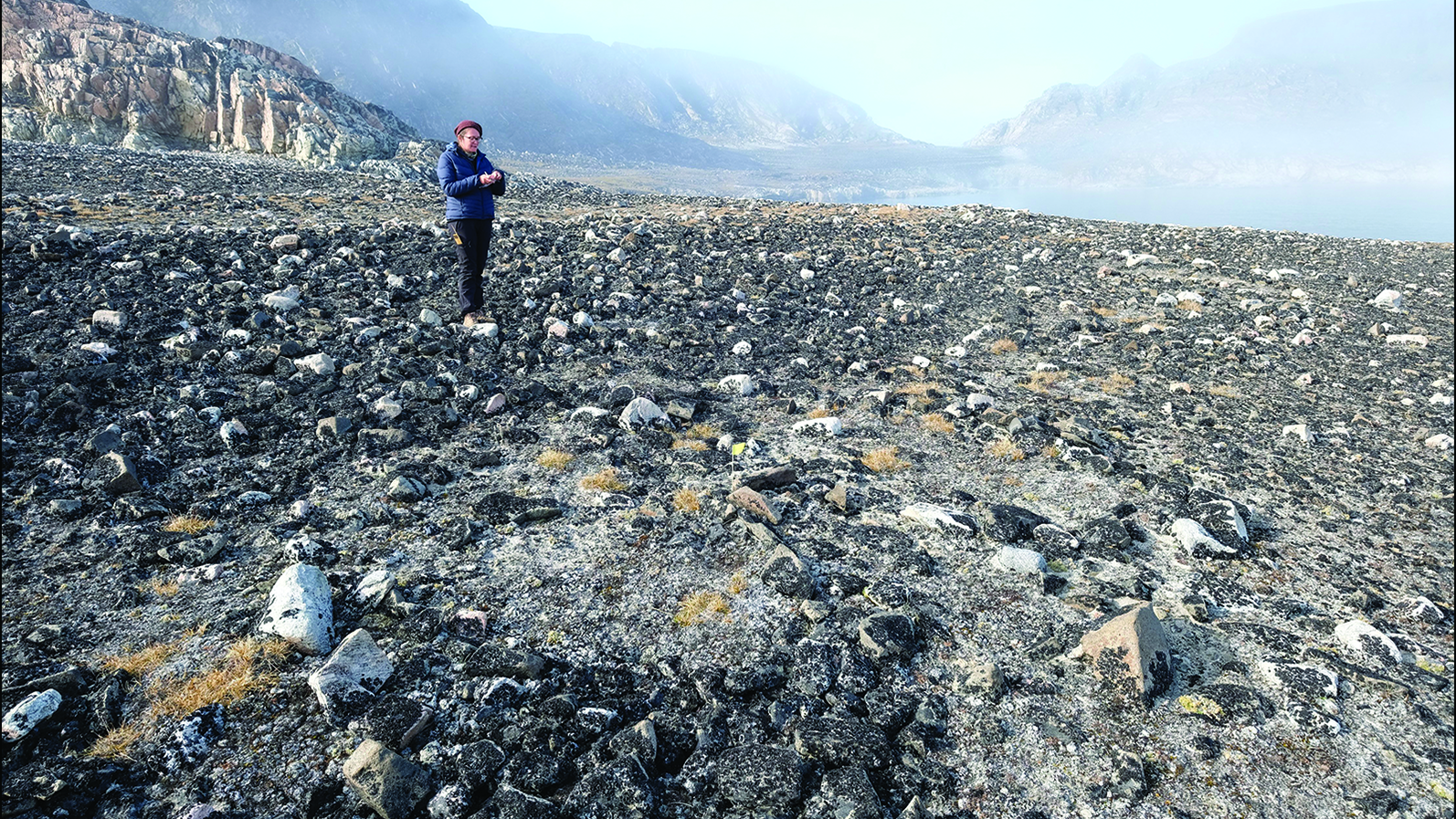How to clean the air in your home
Wondering how to improve the air quality in your home? This is what the experts have to say.

Get the world’s most fascinating discoveries delivered straight to your inbox.
You are now subscribed
Your newsletter sign-up was successful
Want to add more newsletters?

Delivered Daily
Daily Newsletter
Sign up for the latest discoveries, groundbreaking research and fascinating breakthroughs that impact you and the wider world direct to your inbox.

Once a week
Life's Little Mysteries
Feed your curiosity with an exclusive mystery every week, solved with science and delivered direct to your inbox before it's seen anywhere else.

Once a week
How It Works
Sign up to our free science & technology newsletter for your weekly fix of fascinating articles, quick quizzes, amazing images, and more

Delivered daily
Space.com Newsletter
Breaking space news, the latest updates on rocket launches, skywatching events and more!

Once a month
Watch This Space
Sign up to our monthly entertainment newsletter to keep up with all our coverage of the latest sci-fi and space movies, tv shows, games and books.

Once a week
Night Sky This Week
Discover this week's must-see night sky events, moon phases, and stunning astrophotos. Sign up for our skywatching newsletter and explore the universe with us!
Join the club
Get full access to premium articles, exclusive features and a growing list of member rewards.
We clean and vacuum our homes regularly, but how often do we think about cleaning the air around us? From dust and getting rid of pet dander to cooking smells and smoke, many factors can play havoc with the air quality in our homes — and it is no secret that breathing cleaner air can make a big difference to our well-being. What’s more, many airborne particles can trigger allergic reactions, and some pollutants may increase the risk of life-threatening conditions like cancer and heart disease.
So, how can we clean the air in our homes? Our experts agree that there is no single best way to improve indoor air quality. Cleaning the air in your home may take multiple steps, from regular ventilation to investing in one of the best air purifier and more eco-friendly cleaning products.
Here are some of the best ways to clean the air in your home, according to air quality specialists.
1. Keep you home well ventilated
This is probably an obvious one — but it’s essential nonetheless. Ventilation is one of the best ways to reduce indoor air pollution, Chloe Fellows, founder of Haze Environmental, a specialist air quality consultancy based in Worcestershire, U.K., told Live Science by email.
Poor ventilation in the home can cause a build-up of condensation and decrease the air quality. Cracking windows open every so often can let out any built-up pollutants such as gasses from cooking, cosmetics and cleaning products. "It is also important to use extractor fans in bathrooms and kitchens, and in some newer homes, the window trickle vents that allow fresh air into a room," Fellows said.
Combining natural ventilation with mechanical appliances will give you the best results, Allen Rathey, director of the Indoor Health Council, a US-based organization dedicated to promoting healthy indoor environments, told Live Science by email.
"For example, open a window on one side of the house and place a fan blowing outward; then open a window on the other side to allow fresh air in," Rathey said.
Get the world’s most fascinating discoveries delivered straight to your inbox.
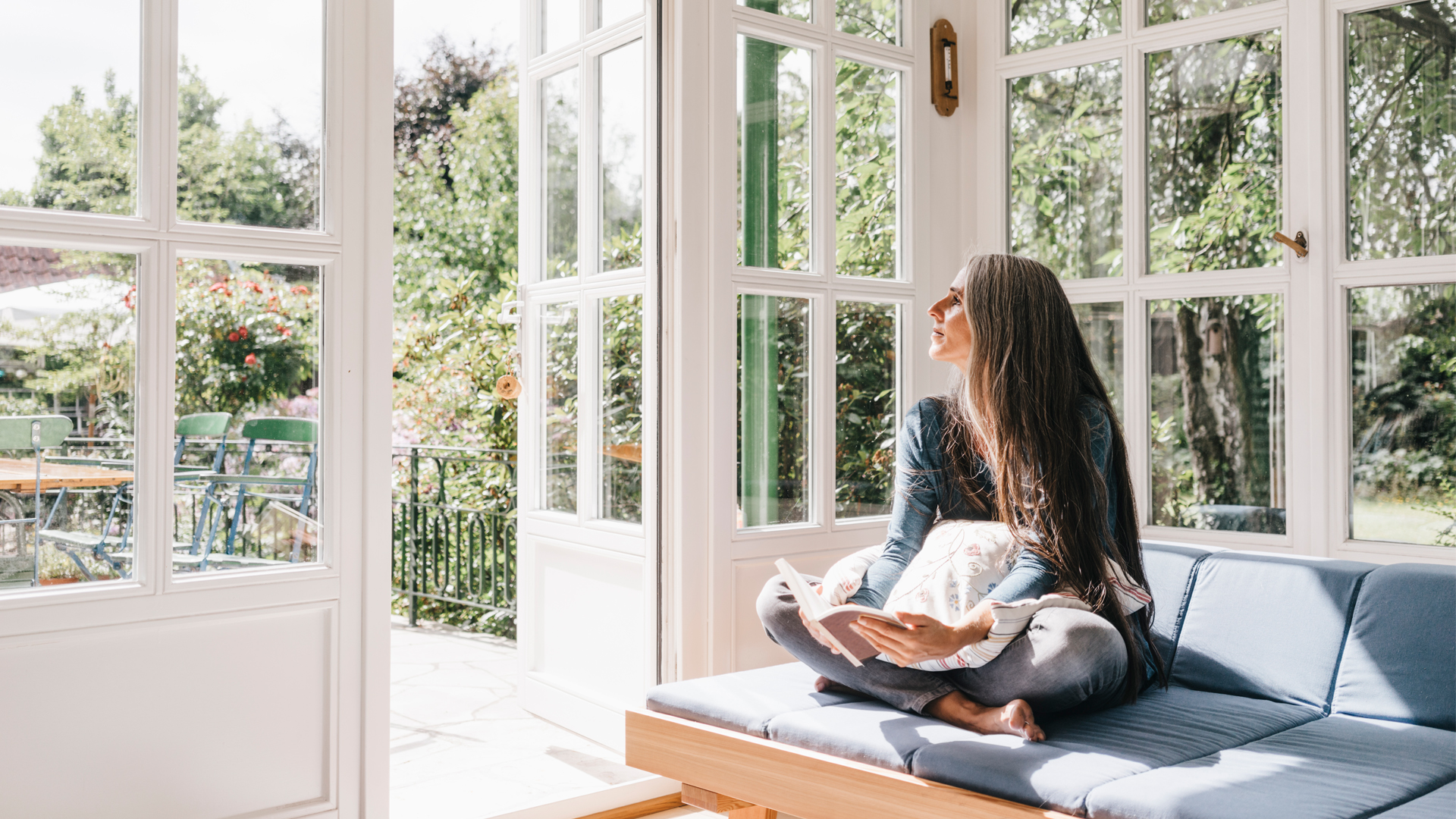
2. Vacuum and dust your home often
What goes up must come down, and vice versa. Dust, pollen and other allergens tend to settle on surfaces like floors, furniture and soft toys, and it only takes a small disturbance to resuspend them back into the air, Dr. John McKeon, CEO of Allergy Standards, an international certification body for domestic appliances, and a principal at the Indoor Air Innovation & Research Institute, told Live Science by email.
"Establishing a consistent cleaning routine, with weekly or biweekly vacuuming and dusting — especially in hard-to-reach areas and on furniture and mattresses — helps prevent these allergens from triggering allergy or asthma symptoms," McKeon said. He also recommended vacuums with sealed air filtration systems to ensure that captured pollutants stay contained.
Dr. José Costa, a consultant pediatrician at the Children's Allergy Clinic in England, agrees with that statement. “Vacuuming your home regularly is essential and a vacuum fitted with a high-efficiency air filter is even more effective at removing dust, pollen and pet dander from your environment," he told Live Science by email.
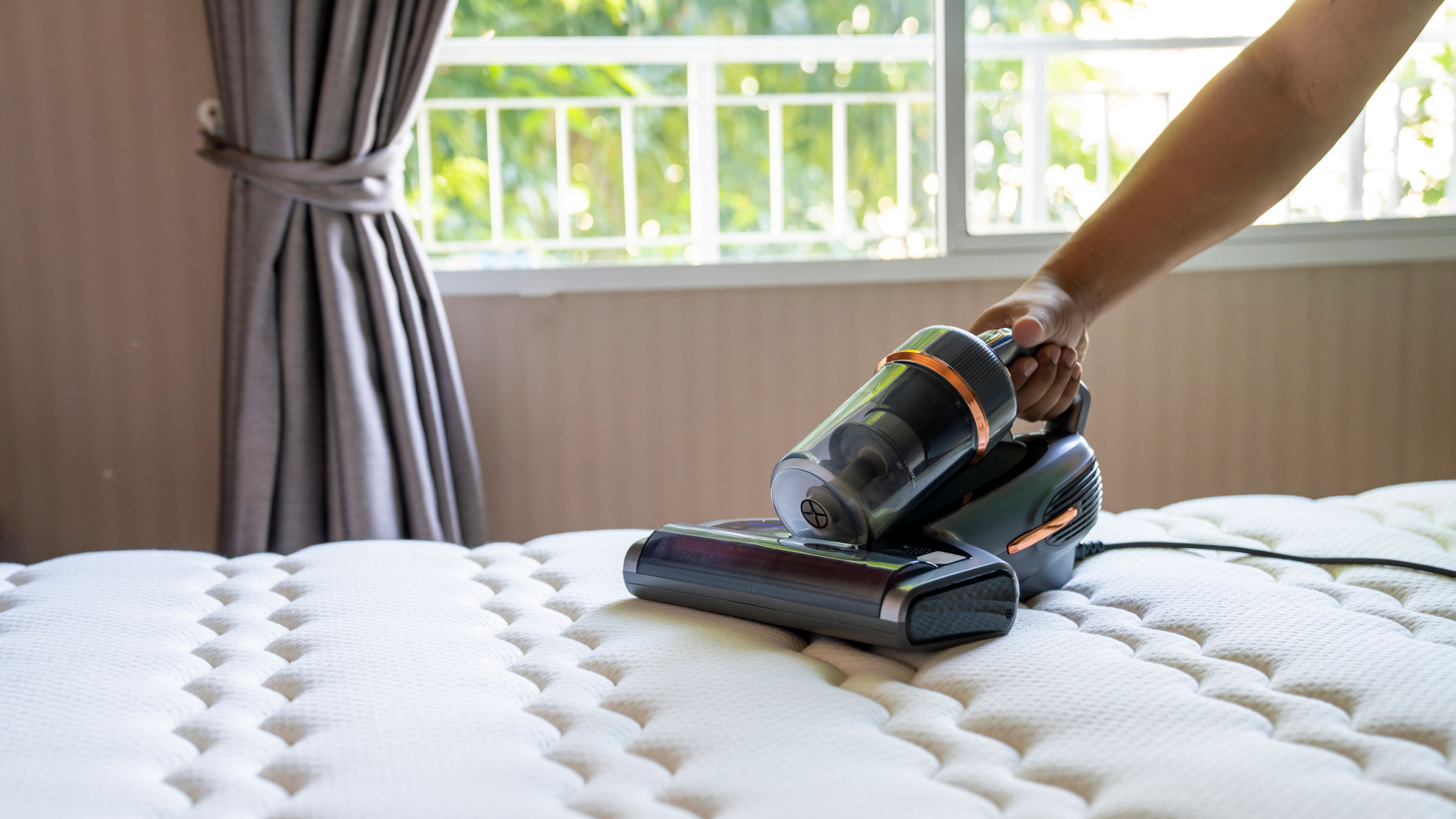
3. Use eco-friendly cleaning products
Speaking of cleaning, have you ever experienced headaches, fatigue, or eye and nose irritations after a good spring clean? It could be the side effects of using products that contain harsh chemicals like bleach, alcohol-based sanitizers and volatile organic compounds (VOCs), according to a review published August 2024 in the journal Environment International.
Understandably, cleaning products by their very nature tend to be strong-smelling and abrasive. However, there is some evidence that "eco-friendly" or "green" products (containing largely natural ingredients) may be less damaging to indoor air quality than those containing mostly synthetic chemicals.
For example, using environmentally friendly products was linked in one 2022 study to a lower incidence of respiratory problems in people with asthma. However, there is a caveat. Green products may not always be as eco-friendly as they seem to be. A study published January 2024 in the journal Environmental Science suggests that green products can still release relatively large quantities of VOCs into the atmosphere. Also, some brands may "greenwash" their cleaning products when they don’t actually have any eco-friendly credentials, according to the EPA.
If you are looking for a green product, check if it has the EPA's Safer Choice or Design for the Environment (DfE) label.
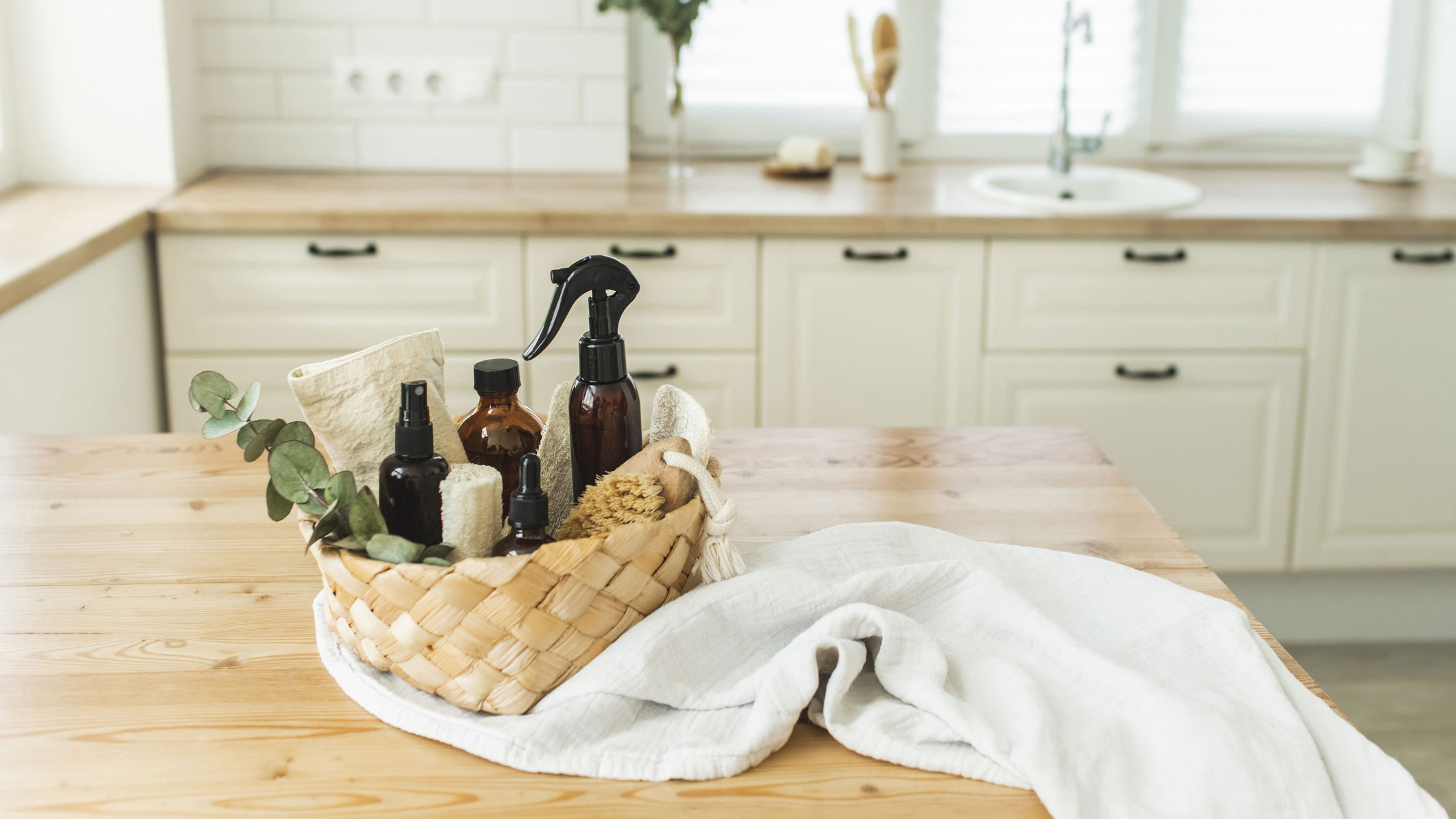
4. Try an air purifier
Natural ventilation may not go far enough, particularly where the outside environment is full of airborne pollutants. In such cases, the best solution is to use an air-cleaning device equipped with air filters, Fellows said. Other experts agree that air purifiers can help you boost the air quality in your home.
"Air purifiers can remove all the major classes of contaminants from the air, including dust, pollen, spores, volatile organic compounds and micro-organisms like bacteria, viruses, and molds. All of these contaminants can cause allergic symptoms, sickness and irritations," Shahir Masri, ScD, an associate specialist in air pollution at UC Irvine, told Live Science by email.
Some of the best air purifiers on the market feature High-Efficiency Particulate Air (HEPA) filters, which can remove at least 99.97% of allergens down to 0.3 microns in size. "HEPA13 and HEPA14 filters decrease the concentration of allergens in the air, reducing symptoms for sufferers when indoors," Costa said. Activated carbon filters are another feature to look for — unlike HEPA filters, they can help trap tiny VOCs and odor-bearing particles.
However, do be sure to pick an air purifier with the right capacity. Otherwise, it may not be as effective. Most appliances are rated for CADR (Clean Air Delivery Rate) to indicate how many cubic feet of clean air they can deliver in a minute. Generally, the higher the number the better. "Most superior air purifiers will test to a CADR rate of 300 or more," Masri said.
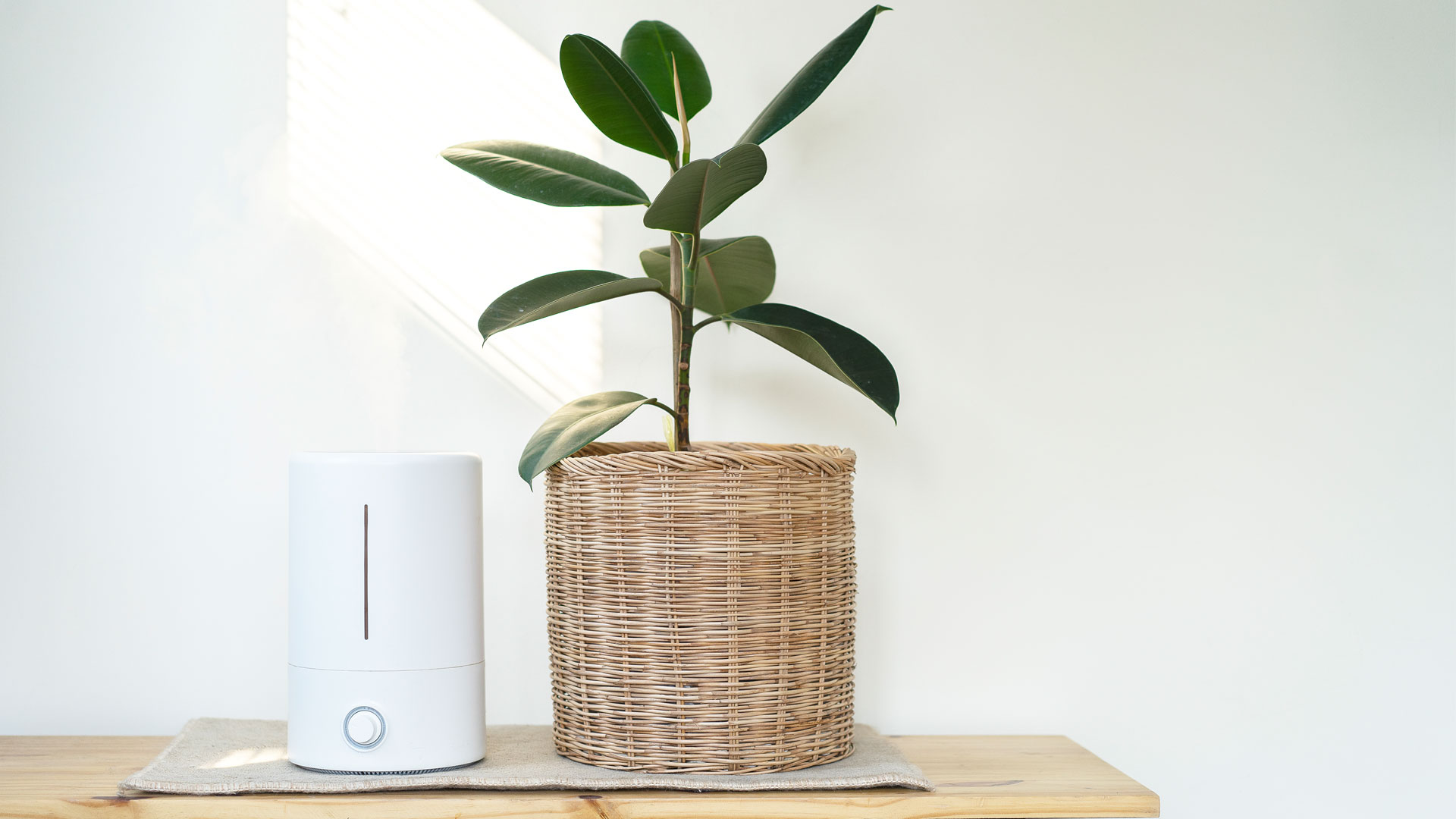
5. Remove mold from your home
Mold is a type of fungi that likes to reside in kitchens, bathrooms and other damp areas in the house. It grows and spreads through spores, which are tiny “seeds” that travel by air. Breathing mold spores can aggravate the airways and trigger allergic reactions in sensitive people, according to the EPA.
However, air purifiers may not be the best way to combat mold infestation. While these devices can remove the spores from the air, they do not address the root of the problem — excess humidity.
You should ensure there is no dampness in your home, Costa said. For example, fix any existing water leaks, and consider investing in a dehumidifier. "Addressing mold issues is a priority to avoid worsening of respiratory problems," said Costa.
- Related: Do air purifiers help with mold?
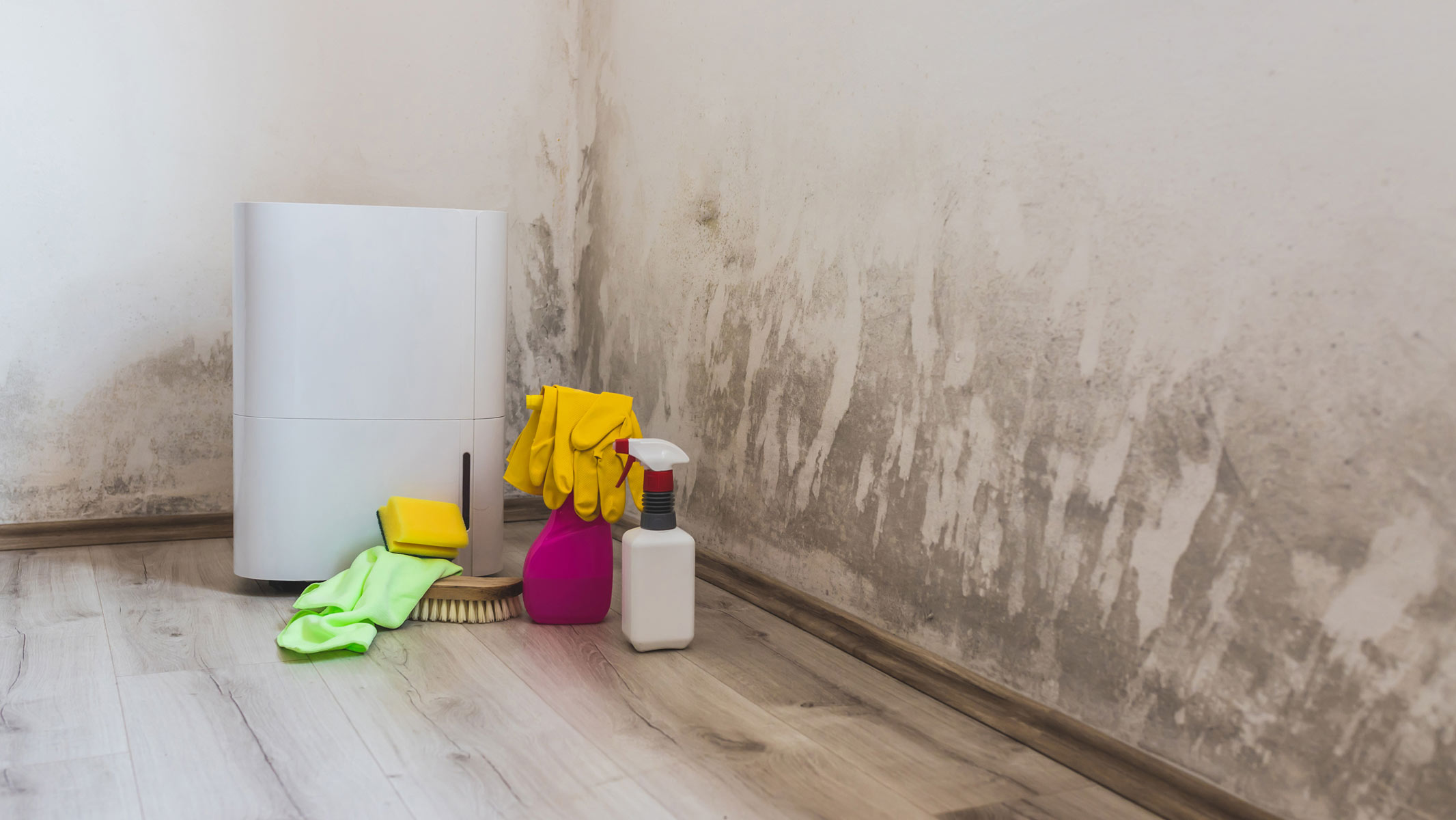
6. Fill your house with plants
Do indoor plants purify air? To a certain extent, yes. Plants not only look good in your Zoom background, they also have some potential as a natural purifier in your home, according to a review published April 2021 in the journal Atmosphere.
Over 30 years ago NASA’s Clean Air study was one of the first to show that plants could clean the air of organic compounds such as formaldehyde and benzene. Spider plants, English ivy and snake plants are some of the best options if you want to buy a plant to purify your home.
The marked downside of opting for purifying plants is that you will need a lot of them in order to have an impact, and filling your home from top to bottom with foliage might not be a viable option. They will not get rid of all airborne contaminants, either.
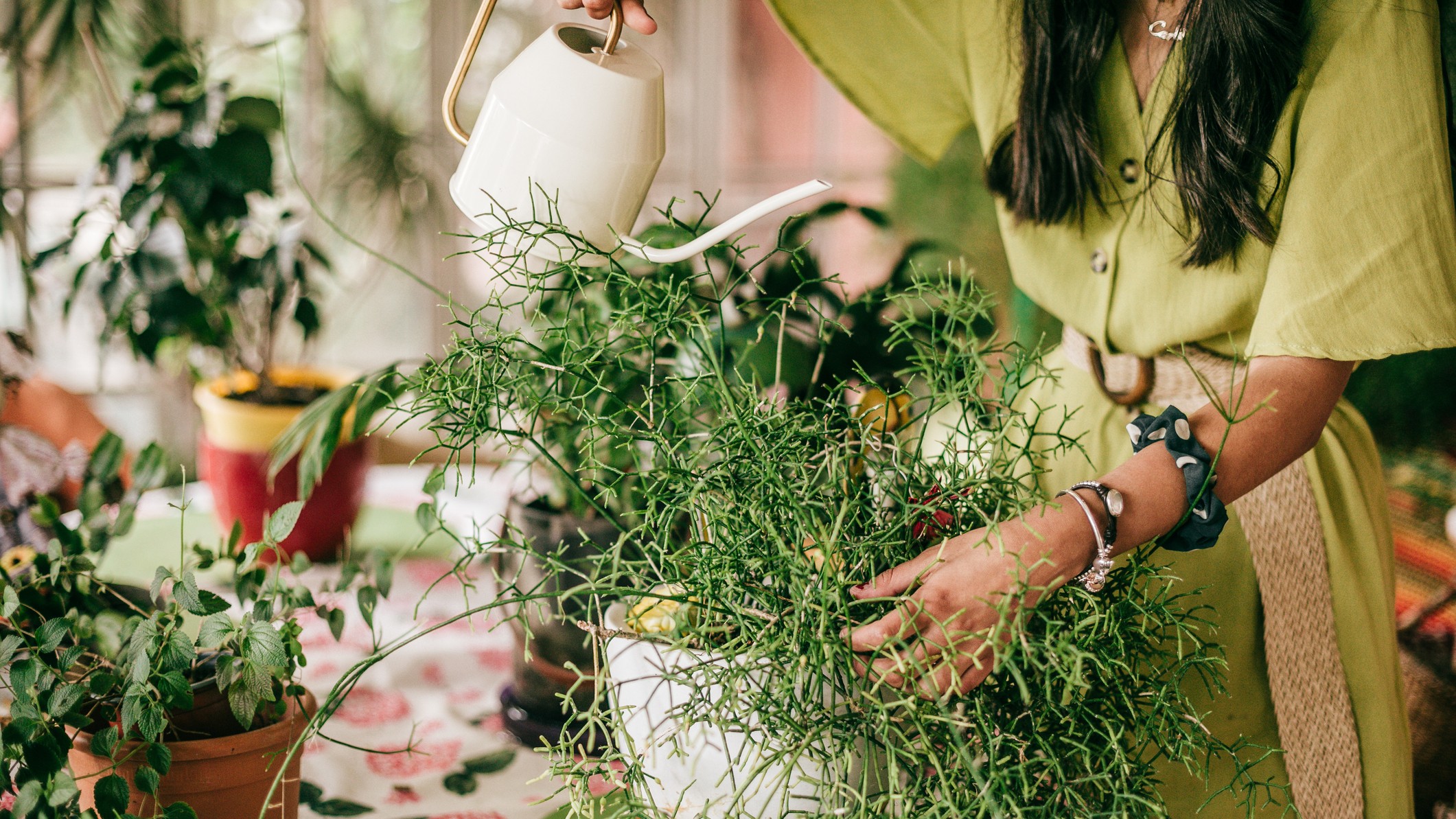
This article is for informational purposes only and is not meant to offer medical advice.
Sarah is a freelance writer - writing across titles including Woman&Home, Fit&Well, The Independent, LiveScience, and the BBC in the UK. She covers a variety of subjects, including trends in beauty, business, and wellness - but her biggest passions are health and fitness. She can normally be found trying out the trendiest fitness class or interviewing an expert about the latest health trends.
 Live Science Plus
Live Science Plus











